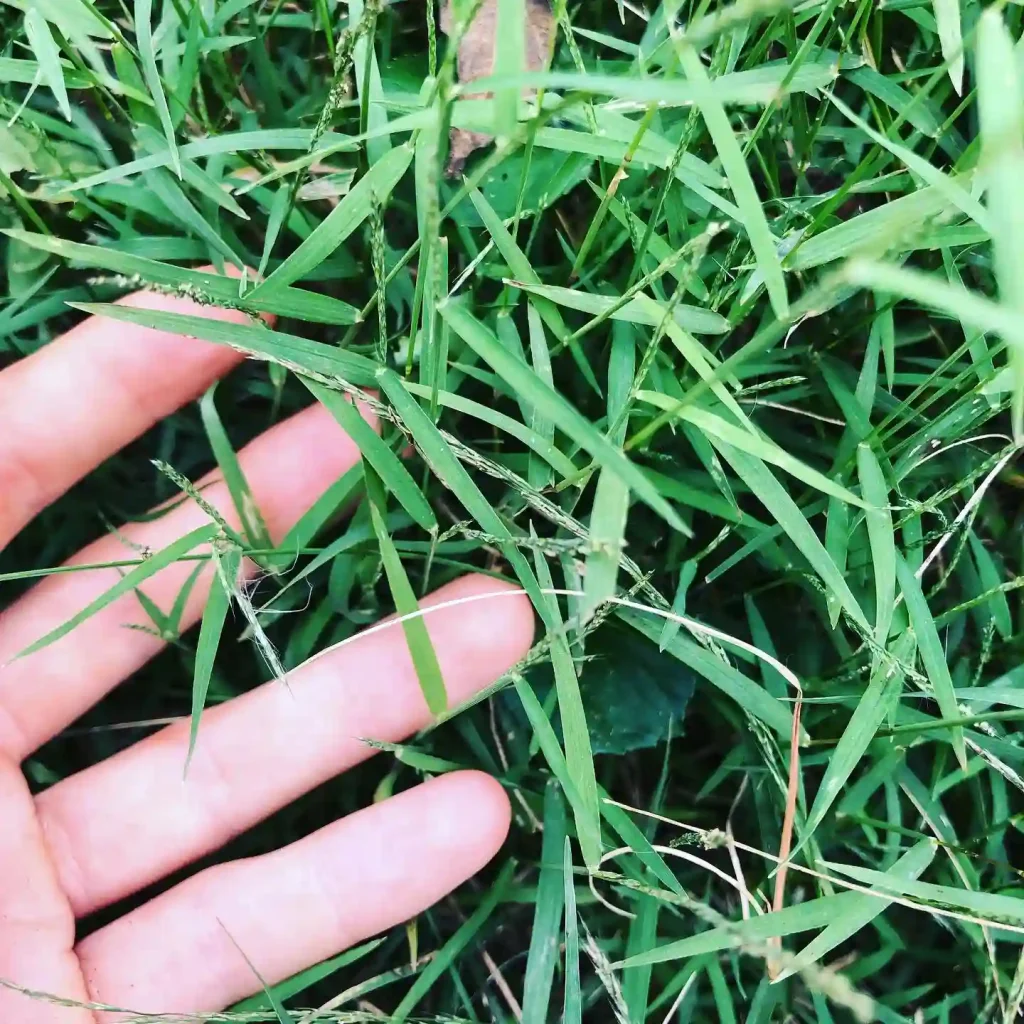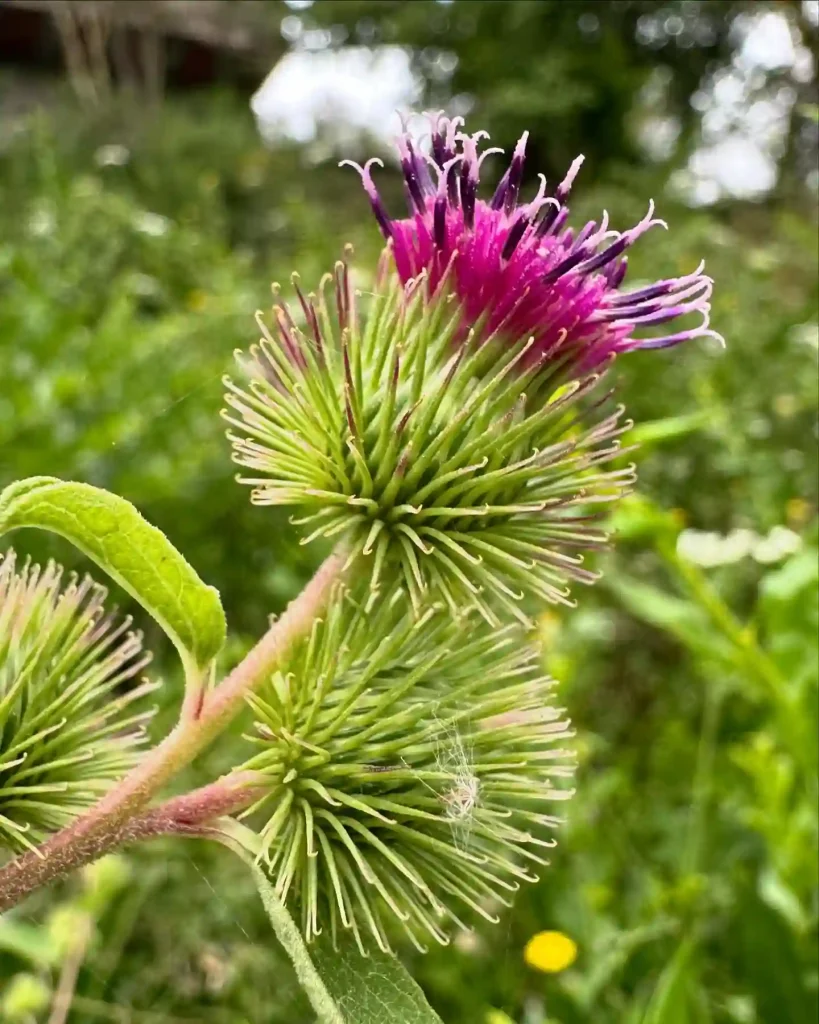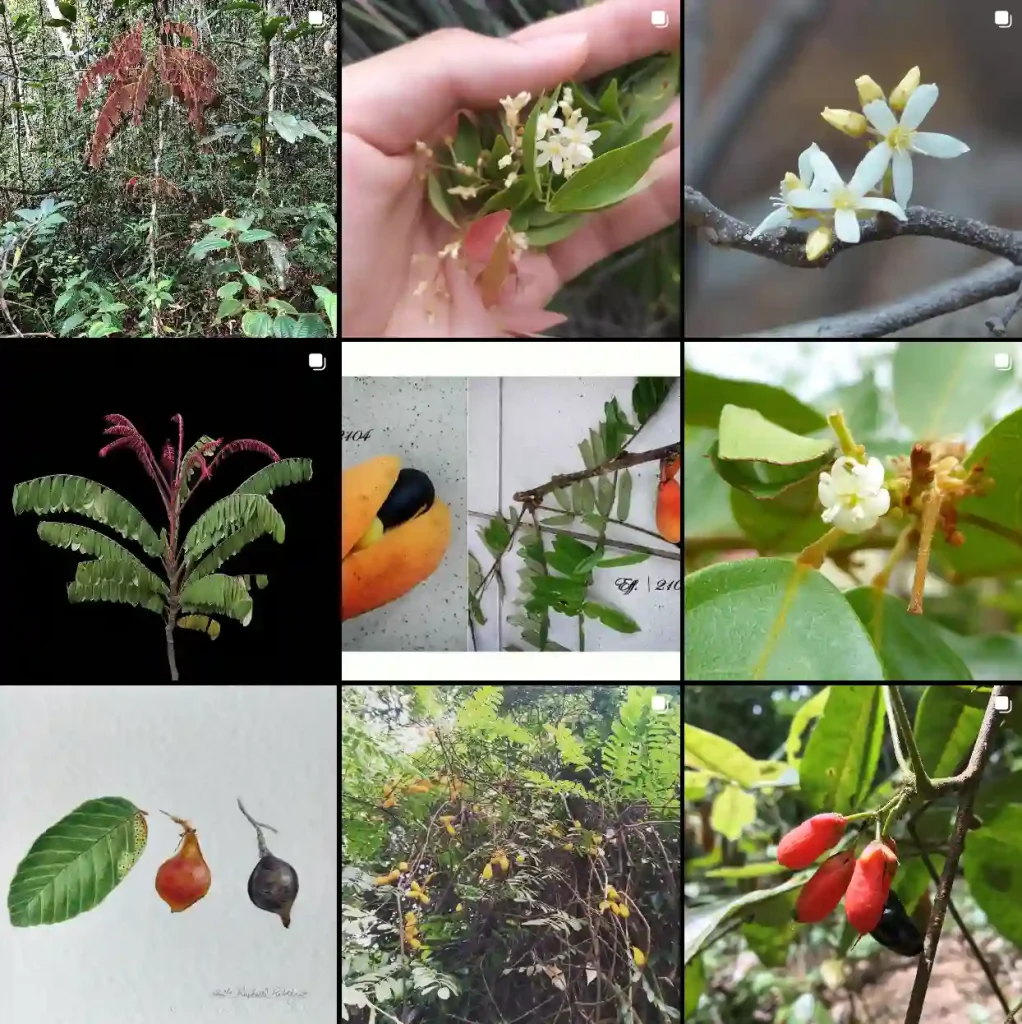What Is Bromus Catharticus?
Bromus Catharticus, commonly known as Rescue Grass, is a cool-season annual grass that originates from the Mediterranean region. It’s known for its rapid growth and adaptability to various soil types. It is often seen as a weed in pastures and lawns due to its tendency to outcompete other plants.
174 Species in Genus Bromus
How to Care for Bromus Catharticus?
Caring for Bromus Catharticus involves understanding its growth habits. This grass thrives in cooler temperatures and can tolerate a range of soil conditions. However, it prefers well-drained soils. Regular mowing helps control its growth and prevent it from going to seed, which can help reduce its spread.
How to Propagate Bromus Catharticus?
Propagation of Bromus Catharticus is typically done through seed. The seeds can be sown directly into the soil in early fall or late summer. They need light to germinate, so do not cover them with too much soil. Keep the soil moist until the seeds germinate, which usually takes about 10-14 days.
How to Eradicate Bromus Catharticus?
If Bromus Catharticus becomes a problem in your garden or lawn, you may need to take steps to eradicate it. This grass is known for being persistent, so a combination of methods is often necessary:
- Manual Removal: Pulling out the grass by hand or using a hoe can be effective, especially if done before it seeds.
- Herbicides: Pre-emergent herbicides can help prevent Bromus Catharticus seeds from germinating. Post-emergent herbicides containing glyphosate can be used to kill the grass after it has emerged.
- Mowing: Regular mowing can prevent the grass from setting seed, which can help reduce its spread over time.
- Cultural Practices: Improving soil health and ensuring competitive ground cover with other plants can also help suppress Bromus Catharticus.
What to Plant with Bromus Catharticus?
When trying to establish other plants alongside Bromus Catharticus, consider choosing species that can outcompete or complement it. Native grasses and robust perennials can be good companions. For example, planting clover or other cover crops can help suppress Bromus Catharticus by competing for nutrients and space.
Can You Grow Bromus Catharticus Indoors?
Bromus Catharticus is generally not suited for indoor growth. It thrives in outdoor environments with ample light and space. If you’re looking for indoor grass varieties, you might want to consider ornamental grasses or other types of indoor-friendly plants.
Is Bromus Catharticus Toxic?
Bromus Catharticus is not known to be toxic to humans or animals. However, it can be invasive and troublesome in gardens and pastures, which may cause issues indirectly by disrupting the growth of more desirable plants.
Benefits of Bromus Catharticus
Despite its reputation as a weed, Bromus Catharticus does have some benefits. It can serve as a forage grass for livestock during the cooler months. Its rapid growth can provide quick ground cover, which can help reduce soil erosion in some situations.
Common Problems with Bromus Catharticus
The main problems associated with Bromus Catharticus are its invasiveness and tendency to crowd out other plants. It can also be a challenge to control once established. Additionally, if not managed properly, it can contribute to the spread of other weed species.
Compare Bromus Catharticus with Other Similar Grasses
When comparing Bromus Catharticus to other similar grasses, it’s useful to consider its characteristics in relation to those grasses. For instance:
- Bromus Tectorum (Cheatgrass): Both species are cool-season grasses, but Bromus Tectorum is often more aggressive and problematic in similar environments.
- Festuca Arundinacea (Tall Fescue): Unlike Bromus Catharticus, Tall Fescue is a perennial grass that provides better long-term ground cover and is less likely to become invasive.
Understanding the unique traits and challenges of Bromus Catharticus can help in managing it effectively and making informed decisions about landscaping and pasture management.
If i die, water my plants!



